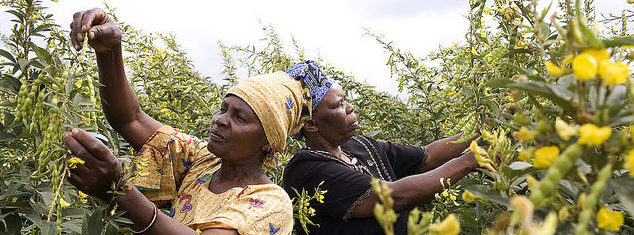Why do African and European leaders of today make partly the same mistakes as they did in connection with the independence of most African countries fifty years ago, why do they again seem to forget that the basis for about 70% of the population still is agriculture?
Article by Inge Gerremo, Senior Advisor at SLU Global
I followed with great interest the reports from the High-level meeting between African and European leaders in Abidjan at the end of November last year. The theme, with focus on Africa’s young generation, was migration, jobs, economy, investments, peace and security and governance. The meeting was overshadowed by horrifying reports on numerous young Africans, mostly men, desperately trying to cross the Mediterranean to Europe with the hope for a better life there. I also listen, a few days ago, to the speech of the Italian Prime Minister, Paolo Gentiloni, where he proposed setting up a special Africa military force, G5-Sahel, in order to prevent an increasing number of young Africans coming to Europe. These examples of recent efforts of immediate actions leeds me to remind us about the long-term challenges for African development and what then is absolutely necessary.
We know, based on the development of almost all countries, that the most effective way to start improving the situation for developing countries and to combat poverty is through agricultural development. This is also true if your focus is on the young Africans of today. Such ambitions, giving priority to the agricultural sector, can create new jobs, increase incomes, improve the nutritional status etc. all important ingredients to become middle-income countries. Brazil, China and Vietnam have become such successful countries. Also a number of African countries have embarked on this journey, according to UNU-WIDER´’s comprehensive report, Growth and Poverty in Sub-Saharan Africa, from 2016. Ethiopia, Ghana, Uganda and Rwanda are among them, but often the development pace has slowed down or come to a standstill because of lacking engagement from the national leaders. Malawi was, a few years ago, such a promising example.
